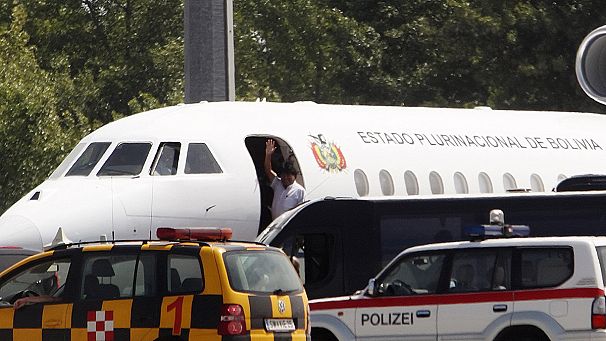Restoration of US Influencein Africa Will Not Be Easy
Meanwhile, however, Africa's strategic significance kept rising. According to the estimates of the International Monetary Fund, the economy of the sub-Saharan region enjoyed a growth rate of 5.6 percent, while the average world growth rate is merely 3.6 percent. By 2018 five economies from that region will be among the economies with the fastest growth rate, which will be very important for the U.S., which is searching for new growth dynamics. What worries the U.S. is that in addition to its geographical remoteness, the other great powers are increasingly intimate with Africa. China, India, Brazil and other rising stars have invested in Africa at an increasing rate. Japan and Russia are also warming up to Africa. Obama's Africa policy is criticized within the U.S.
In recent years, the U.S. has started paying more attention to Africa. Former Secretary of State Hillary Clinton visited several African countries and marked the official start of America's return to Africa. This visit has the same intention. However, based on the current situation, it is no easy task for the U.S. to recover its influence in Africa.
The first factor is history. Although historically America did not colonize Africa as European countries did, the trading of black slaves did continue for more than a century, during which hundreds of thousands of black slaves died tragic deaths. The U.S. has never apologized for this episode because making the apology might incur requests for an amount of compensation that the U.S. is unable to bear. Because of this history, many Africans cannot agree with the U.S.' constant claims to being the defender of human rights, and feel that justice is not on their side. This always casts shadows on their relationship.
Next are economic factors. Africa is economically challenged and lags behind. In order to strengthen its relations with Africa, the best way for the U.S. is to continuously provide Africa with large amounts of economic aid. This turns out to be overly burdensome for the U.S. because of the ongoing sluggishness of the economy; the national treasury is quite depleted. Each allocation of government spending is under strict scrutiny. Obama's visit cost $100 million just for security guards, and is widely criticized. A one-time distribution of economic aid might not be a big problem. However, continuous giving will not be welcomed. America's return to Africa will not be that effortless.

